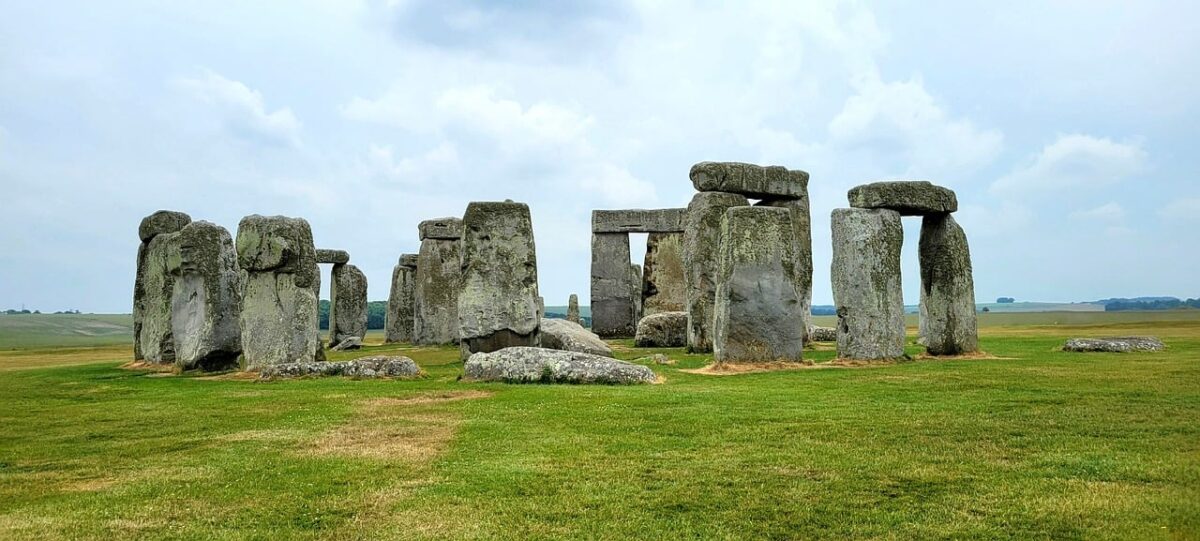In a fascinating study published on October 25, 2023, in the open-access journal PLOS ONE, researchers from Kiel University, Germany, led by Ralph Großmann, delved into the intricate relationship between climate change and human populations during the Neolithic period in Europe. The team explored the Circumharz region of central Germany, the Czech Republic/Lower Austria region, and the Northern Alpine Foreland of southern Germany, all brimming with archaeological treasures. By analyzing over 3,400 radiocarbon dates from these archaeological sites, they were able to gain insights into ancient population trends. Their findings unveiled a compelling connection between climate fluctuations and the rise and fall of human societies. During warm and wet periods, populations tended to surge, likely fueled by improved agriculture and economic prosperity. In contrast, cold and dry times often led to population declines, sometimes coupled with cultural transformations, including signs of growing social inequality, such as the emergence of high-status "princely burials" in the Circumharz region.
This groundbreaking study underscores the significant impact of climate on human populations throughout history. While the researchers acknowledge the limitations imposed by gaps in the archaeological record, they emphasize the importance of continued research in this area. Understanding how climate shaped the rise and fall of ancient civilizations provides valuable insights into our historical journey and reminds us of the enduring connection between humanity and the environment.
Source: Phys.org

